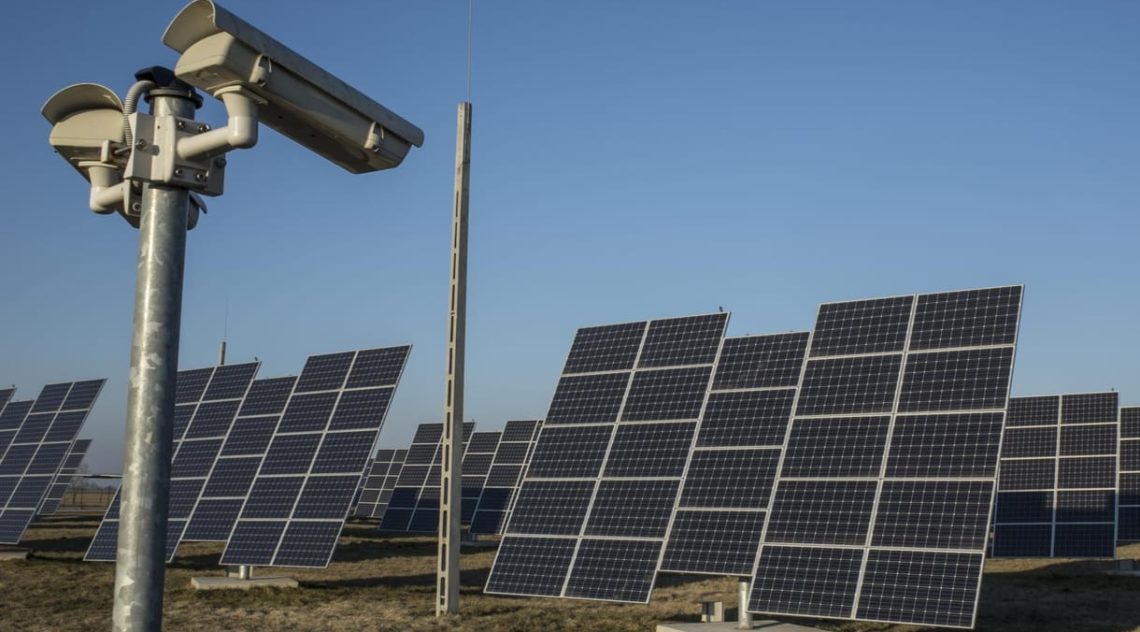
Banking Paradigm Shift:
New Financing Opportunities for Solar Panel Investments
Paradigm Shift in Bank Lending
Previously inaccessible financing opportunities are opening up for Hungarian micro and small businesses in solar panel investments, thanks to a paradigm shift in banking. Instead of traditional lending practices based on past results, project-based approaches are increasingly gaining ground, evaluating investment returns based on Power Purchase Agreements (PPA).
This change is particularly significant for smaller businesses that previously had difficulty accessing financing for larger investments. Banks’ new methodology allows a stable, creditworthy consumer’s guaranteed electricity purchase contract to provide sufficient collateral for loan approval, even for a young or less capital-strong business.
Advantages of Project-Based Lending
Banks are applying increasingly sophisticated methods in making lending decisions, especially for energy projects. One of the most important advances is that financial institutions no longer base decisions solely on a business’s past results but compare financial indicators before and after the installation of the given asset.
This approach allows banks to more accurately assess the real risks and return potential of investments. If the additional revenue from electricity generation is stable and predictable, it provides a solid foundation for project financing, regardless of the business’s previous financial performance.
Project-based financing is particularly advantageous for solar panel investments since they generate relatively predictable revenue. Electricity generation can be accurately modeled based on solar radiation data, and energy prices can be fixed through long-term contracts, reducing risks for both the business and the bank.
Power Purchase Agreements as Collateral
Power Purchase Agreements (PPAs) play a crucial role in the new financing model. These contracts guarantee that generated electricity will be sold at predetermined prices for a specified period. For banks, this represents tangible collateral since revenues are pre-calculable and loan installment coverage is secured.
PPAs are particularly attractive to banks because they reduce market risks. Energy price fluctuations do not affect project returns since contract-fixed prices are stable long-term. This enables banks to offer loans with more favorable conditions, which ultimately benefits businesses as well.
New Financing Gateways for Smaller Companies
With this approach, banks open new financing gateways for smaller companies, enabling them to become active participants in the energy transition. Unlike previous practices where banks primarily examined a business’s past performance and existing collateral value, they now focus on future cash flow and the project’s inherent value.
This change is particularly important for the Hungarian economy as it enables the SME sector to actively participate in the country’s energy transition. Smaller businesses can thus not only reduce their own energy costs but also create new revenue sources through energy production.
Practical Implementation and Challenges
In practice, this means that an SME that previously lacked sufficient collateral or creditworthiness for a larger solar panel investment can now receive financing based on the planned project. The bank evaluates the investment’s technical parameters, expected energy production, power purchase agreement conditions, and makes lending decisions based on these factors.
Naturally, this approach also presents new challenges for banks. Specialized expertise is needed to evaluate energy projects, and new risk management methods must be developed. Banks increasingly rely on external experts and consultants to accurately assess projects’ technical and financial parameters.
Long-term Effects on the SME Sector
This financing paradigm shift could have significant long-term effects on the competitiveness of the Hungarian SME sector. Using renewable energy sources is not only environmentally beneficial but also represents a competitive advantage economically. Own energy production reduces operating costs while surplus energy sales create new revenue sources.
The availability of bank financing could accelerate Hungarian businesses’ green transition, aligning with European Union climate goals and domestic energy strategy. This not only serves environmental protection but also contributes to increasing Hungary’s energy independence.
The project-based financing model is expected to extend to other areas where investments’ future cash flows can be well modeled. This could open new opportunities for financing technological developments, digitalization projects, and other innovative investments.